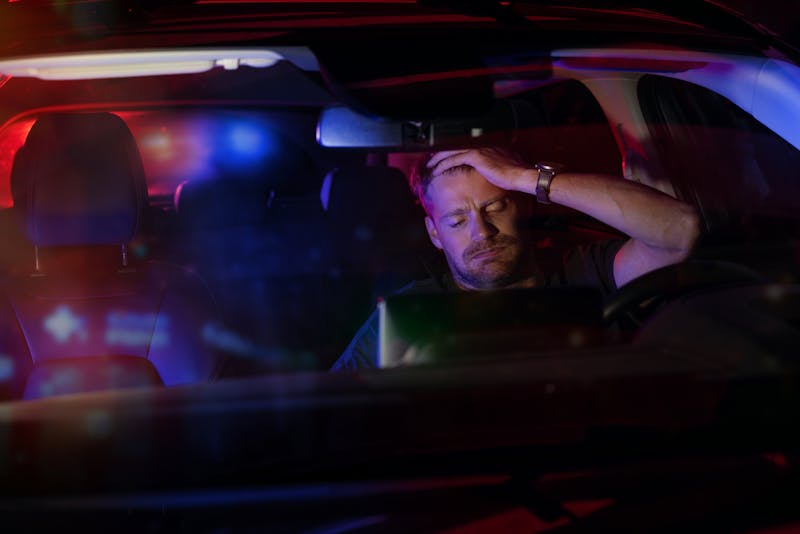
Florida motorists should be aware of a significant change to the state’s traffic laws. Beginning July 1, 2025, drivers who exceed certain speed thresholds may face criminal charges under a newly enacted law: House Bill 351 (HB 351).
This legislation establishes the offense of excessive speeding as a second-degree misdemeanor, marking a shift in how Florida penalizes certain high-speed driving behaviors. If convicted, drivers may face jail time, a permanent criminal record, and license suspension—even for a first offense.
Overview of HB 351
HB 351 was passed during the 2025 legislative session and signed into law in May. It creates a new criminal traffic offense for:
- Operating a vehicle more than 50 miles per hour over the posted speed limit, or
- Operating a vehicle at over 100 miles per hour, regardless of the posted speed zone
Previously, violations of this nature were generally treated as civil infractions unless accompanied by other aggravating conduct such as DUI, reckless driving, or fleeing law enforcement. Under HB 351, the speed alone is sufficient to constitute a criminal offense.
Penalties for Excessive Speeding
First Offense (Misdemeanor – 2nd Degree):
- Up to 30 days in county jail
- Up to $500 in fines, plus court costs
- Points on driver’s license
- Permanent criminal record (unless diverted or sealed)
Repeat Offense (within five years):
- Up to 90 days in jail
- Discretionary driver’s license suspension of six months to one year
- Increased likelihood of enhanced penalties at sentencing
- These penalties are in addition to the indirect consequences that may result, including elevated auto insurance premiums, job-related issues, and long-term reputational harm.
Legislative Intent and Public Policy
HB 351 received overwhelming support from lawmakers, passing the House 75–38 and the Senate 37–0. Legislators cited a growing number of fatalities and severe injuries linked to extreme speeding on Florida highways and interstates.
By criminalizing this conduct, the Legislature intended to deter high-speed driving through meaningful legal consequences, especially on stretches of road like Alligator Alley (I-75), I-95, and Florida’s Turnpike, where speeds in excess of 100 mph are not uncommon.
Enforcement Expectations
Given the broad bipartisan support for HB 351, enforcement is expected to be swift and proactive. Agencies such as the Florida Highway Patrol, local sheriff’s offices, and municipal police departments are likely to prioritize this violation beginning July 1, 2025.
Targeted areas may include:
- I-75 and I-95
- U.S. 19, U.S. 301, and other multi-lane corridors
- Florida’s Turnpike and SR-60
- Rural highways and open stretches frequently used by speeders
Legal Considerations and Common Defenses
A charge under HB 351 should not be taken lightly. It introduces the risk of a criminal record and incarceration for conduct that was previously considered a civil matter.
However, there are multiple potential defenses available, depending on the facts of the case:
- Challenge to radar/LIDAR calibration or operator certification
- Improper traffic stop or lack of probable cause
- No clearly posted speed limit sign
- Necessity or emergency medical justification
- Violation of procedural rights during the stop or arrest
- An experienced defense attorney may also be able to negotiate for pretrial diversion, dismissal, or reduction to a civil infraction depending on the circumstances.
Practical Impact
For many Floridians, a criminal conviction—even for a traffic-related offense—can have long-term repercussions:
- Loss of employment opportunities (particularly for CDL holders, government workers, and security personnel)
- Increased insurance premiums or cancellation of coverage
- Driver’s license suspension and hardship in commuting
- Ineligibility for sealing or expungement in future cases
- This law should be seen as part of a broader trend toward increased criminalization of certain traffic behaviors.
Contact Carlson, Meissner & Hayslett, P.A.
If you or someone you know has been cited or arrested for excessive speeding under HB 351, it is imperative to consult a knowledgeable criminal traffic defense attorney as soon as possible. At Carlson, Meissner & Hayslett, we have more than 50 years of experience defending clients in criminal and traffic cases across the Tampa Bay area, including:
Our legal team includes former prosecutors, board-certified criminal trial attorneys, and seasoned courtroom litigators. We are committed to achieving the best possible outcome in every case.

